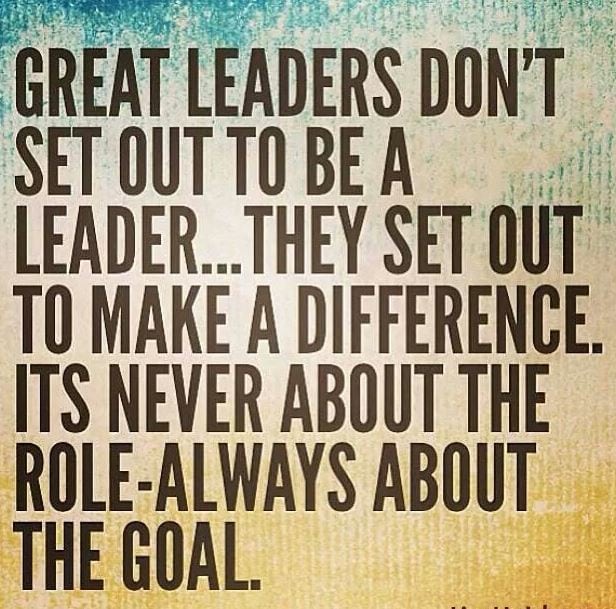
Continuing attack on voices of dissent in what was once a civil society
March 24, 2016
Sorry Day: remembering and unfinished business
March 30, 2016
A headline in this morning’s Sydney Morning Herald boldly states Demagogues are sucking the air out of genuine public debate. Which leads nicely into something I have been drafting over the last few days…
The ‘common good’ has disappearing from the narrative in contemporary Western politics. It may be that the language of ‘the common good’ is disappearing because we have come to only ever think about civil society in political terms, rather than in terms of inclusion, fairness and equity.
The common good, is that which benefits society as a whole, in contrast to the private good of individuals and sections of society. From the era of the ancient Greek city-states through contemporary political philosophy, the idea of the common good has pointed toward the possibility that certain things, such as security and justice, can be achieved only through citizenship, collective action, and active participation in the realm of politics and public service. In effect, the notion of the common good is a denial that society is and should be composed of individual people living in isolation from one another. Instead, its proponents have asserted that people can and should live their lives as citizens deeply embedded in social relationships.
Most of what passes for leadership, debate and argument in today’s world revolves around the politics of division, conflict and character assassination. It may be that one of the key reasons that people are tuning out from politics is because it (political debate) seems irrelevant to them and that they feel that they are being manipulated because they are always being asked to make false choices, or no choice at all. People are polarised and pigeonholed into being either staunchly religious or vehemently secular, pro-business or pro-unions, pro-growth or pro-environment, for civil liberties or against them, a progressive or a dinosaur.
The fact is, of course, that most people don’t think like this, most people don’t live their lives in this way, and people long for a politics where we have genuine debates, vigorous disagreements, where we don’t claim to have a monopoly on truth, or what is right or wrong, where we have real engagement with ideas of substance. Rather than being drip fed the politics of fear, and the building of a perception of the other, most Australians people want a “fair-minded” approach to politics; and politicians who understand and accept that truth and certainty are not the same thing and who treat the electorate with respect.
It can be argued that being “fair-minded” is a more considered, or philosophical, approach to politics. It is a philosophical approach that ultimately has as its goal the pursuit of civil society through the common good. Common good politics is the politics of empowerment; it is the politics that espouses cooperation not competition, inclusion not tolerance or exclusion. The uncomfortable truth is however, that rather than some broad common good philosophy we have what might be called an “uncommon-good”, a rigid ideological approach that has dominated the political landscape for far too long.
Ideologues like Reagan and Thatcher believed that nations were best served by ensuring that the maximum concentration of wealth and power was in the hands of the right people. In stark contrast, those that argued for the common good promoted the need for mutual responsibility, were opposed by Thatcher’s ideology there was no such thing as society. The belief that collective endeavour is both a strength and a virtue, that a problem shared is a problem partly solved was countered by isolationist policies – particularly in terms of trade and immigration.
Those that adopt the “fair-minded” and common good approach to politics tend to believe that debate should be dominated by evidence and argument; that it is political philosophers who we need to embrace and political ideologues that we need to be wary of. If you have a philosophy, it usually pushes you in a certain direction or another, but like all philosophers, you want to engage in discussion and argument. You are open to evidence, to new learning, and you are certainly open to debate the practical applications of your philosophy. You might even end up making a principled agreement with someone with a different philosophy.
However, if you have adapted a particular ideology then you already have your mind made up. You know all the answers, and that makes evidence irrelevant and argument a waste of time, so you tend to resort to assertions and attacks – which has become so familiar in relation to refugees and asylum seekers.
Maybe we need more philosopher politicians who will devise policies that promote equal opportunity, shared responsibility, and inclusive communities. In an increasingly multi-cultural, multi-faith society we need an approach to politics that celebrates partisan differences but is mature enough to recognise that adherence to a particular ideology is be destructive and divisive.
It is critical that we recover – perhaps even reinvent – the social conditions within which ideas like the common good can be discussed. This is notably absent in Australian politics. We need to construct a new narrative. The pseudo narratives of Gallipoli , terrorism and asylum have captured the public imagination.
Concepts like being fair-minded, the battler, mate-ship and community all need to be re-crafted into a new narrative. A narrative of the common good.



